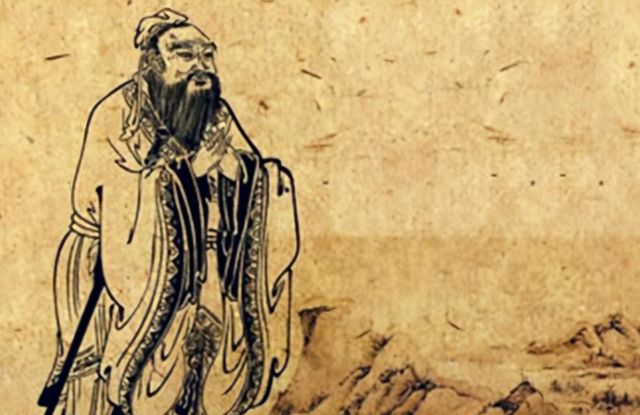Spring blossomed at the Confucius Institute of Vilnius University in a painting and calligraphy workshop with artist Qi Xiaoting
For the fourth time, we were delighted to organise, and for those who are thirsty for real Chinese art, 5 Chinese calligraphy and painting workshops with Ukrainian Chinese artist Qi Xiaoting [Chi Shaoting].



















